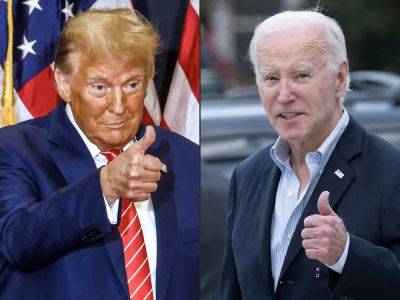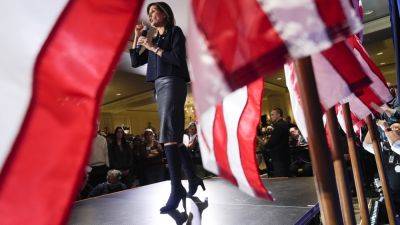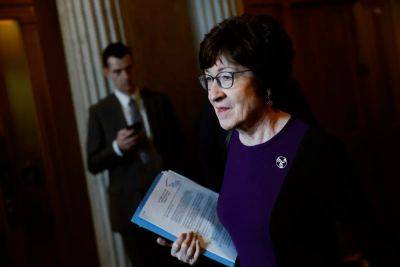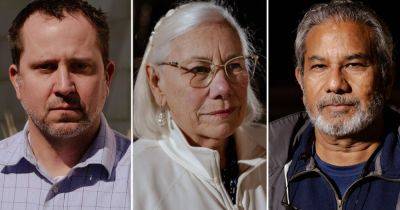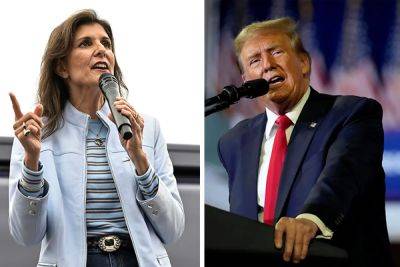If Trump Drives Haley From the Race, What Will Her Voters Do in November?
Many Americans are dreading a Trump-Biden rematch, but no one feels the anguish quite like a Nikki Haley voter.
“She would make a great president, and the alternatives are not appealing,” said Patti Gramling, 72, standing outside a bustling early-voting site on Wednesday in an upscale suburb of Charleston, S.C. “Biden is too old. And I think Donald Trump is horrible.”
Ms. Haley, the former governor of South Carolina, is learning the limits of relying on moderate, college-educated and Trump-skeptical voters in today’s Republican Party. Former President Donald J. Trump is widely expected to defeat her, perhaps by a large margin, in her home-state primary on Saturday.
She has vowed to press on, but a crucial new equation is emerging in 2024’s electoral math: Where would her voters — and voters like them in key battlegrounds across the country — go in a general election contest between Mr. Trump and President Biden?
“The million-dollar question is, will they vote, will they sit it out — or will they vote for Joe Biden?” former Gov. Jim Hodges, a South Carolina Democrat, said of Ms. Haley’s centrist supporters in the state. “A moderate Republican voter in Charleston is not all that different than a moderate Republican voter in the Milwaukee suburbs.”
In recent interviews with nearly 40 Haley supporters across South Carolina’s Lowcountry, primarily conducted in historically more moderate enclaves of the state, many fell into what pollsters call the “double haters” camp — voters who don’t like either expected nominee.


